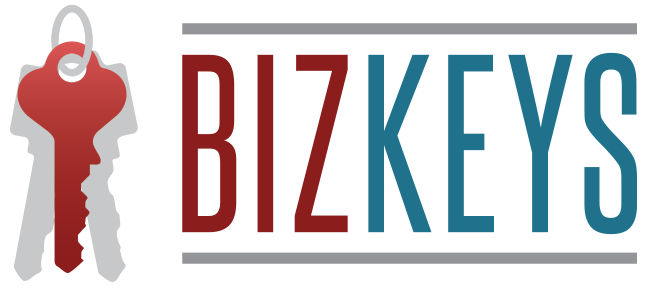NLRB Strikes Down Overbroad Rules, Nixes Social Media Policy
A recent decision from the NLRB illustrates the importance of carefully reviewing work rules and policies to assure that the mere maintenance of a rule does not end
up being an unfair labor practice. In Costco Wholesale Corporation, 358 NLRB No. 106 (2012), the NLRB reviewed several rules and policies in Costco’s employee handbook. It found that Costco violated Section 8(a)(1) of the National Labor Relations Act (the “Act”) by maintaining rules stating that:
(a) “unauthorized posting, distribution, removal or alteration of any material on Company property” is prohibited;
(b) employees are prohibited from discussing “private matters of members and other employees . . . includ[ing] topics such as, but not limited to,
sick calls, leaves of absence, FMLA call-outs, ADA accommodations, workers’ compensation injuries, personal health information, etc.”;
(c) “[s]ensitive information such as membership, payroll, confidential financial, credit card numbers, social security number or employee personal
health information may not be shared, transmitted, or stored for personal or public use without prior management approval”; and
(d) employees are prohibited from sharing “confidential” information such as employees’ names, addresses, telephone numbers, and email
addresses.
It was held that these rules were overbroad since they directly restricted the employees from engaging in concerted activities
guaranteed by Section 7 of the Act.
In its first decision on a social media policy case, the NLRB found that Costco’s social media policy violated Section 8(a)(1). The policy
stated: Any communication transmitted, stored or displayed electronically must comply with the policies outlined in the Costco Employee Agreement. Employees should be aware that statements posted electronically (such as [to]online message boards or discussion groups) that damage the Company, defame any individual or damage any person’s reputation, or violate the policies outlined in the Costco Employee Agreement, may be subject to discipline, up to and including discharge.
While the rule does not explicitly reference Section 7 activity, the NLRB felt that, by its terms, the broad prohibition against making statements that“damage the Company, defame any individual or damage any person’s reputation” clearly encompassed concerted communications protesting Costco’s treatment of its employees. The NLRB noted that there is nothing in the rule that even arguably suggests that protected communications are excluded from the broad parameters of the rule. In these circumstances, employees could reasonably conclude that the rule requires them to refrain from engaging in certain protected communications (i.e., those that are critical of the Company or
its agents). Since Costco’s rule did not present accompanying language that would tend to restrict its application, employees could reasonably assume that it pertains to — among other things — certain protected concerted activities, such as communications that are critical of the Costco’s treatment of its employees. The maintenance of the rule
thus had a reasonable tendency to inhibit employees’ protected activity and, as such, violated Section 8(a)(1).
The NLRB did
find, however, that a rule requiring employees to use “appropriate business decorum” in communicating with others did not violate the Act. Nor did Costco violate the Act by maintaining a rule prohibiting employees from “[l]eaving Company premises during working shift without permission of management.”
This particular rule was lawful, because it did not prohibit employees from “walking off” the job without permission, a rule that has been ruled
unlawful because “walking off” is too similar to the term “walk out”, a synonym for a strike.
This case clearly shows that the current NLRB accepts many of the Acting General Counsel’s recently published legal theories relating to how employers’ social media policies that are broadly written inhibit employees in the exercise of their rights. It also shows that the NLRB is willing to interpret work rules in a way that will protect employees who complain to others, either inside or outside the workplace, about working conditions. One ray of hope is the NLRB’s references to the lack of a disclaimer in the social media policy to let employees know that it did not prohibit protected activities. The Acting General Counsel has asserted in litigation that such a disclaimer is ineffective to save an overly broad rule. Perhaps the NLRB will give effect to a disclaimer that the rules or policies will not be interpreted or applied in such a manner as to interfere with, restrain, or coerce employees in the exercise of their Section 7 rights.

